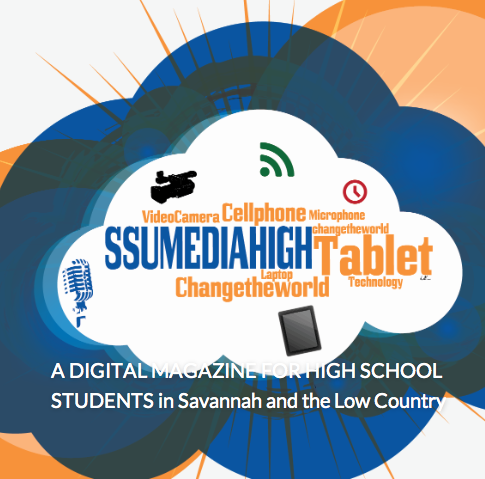As NABJ reaches its 40th year, now is an ideal time to look at what our founders created back in 1975 and make adjustments to reflect the drastic changes in the journalism industry. As wise as our founders were, none of them could have predicted back then in Washington, D.C., all the changes we’ve seen in the journalism industry in the past four decades.
I applaud the NABJ Constitutional Commission for engaging with members and taking a hard look at the document that has governed the association since 1975. Every one of the members, led by Founder Allison Davis and former President Herbert Lowe, have busy lives, so I appreciate all the time and effort that went into crafting these changes. I would like to weigh in with my thoughts on these changes.
Chapter II, Article 1, Section 1 adds a Vice President of Digital to the NABJ board. As someone who has worked in the digital space since 2006, it is good to see the recognition of its importance in journalism recognized. That being said, I feel that as newsrooms continue to converge, we will all be digital journalists. I would have preferred to see a single vice president covering all media platforms, but am happy to see this position added.
Other board changes include a reduction from six to four regional directors, the elimination of the associate member category and the addition of a media-related representative and an academic representative. The student representative would remain. While I applaud the additions of the media and academic representative, I wish the decision had been made to keep the current six regions and instead eliminate the vice presidents of print and broadcast and have a single vice president on the 14-member board.
Under Article II. Eligibility for Office and Term of Office, I was pleased to see that the NABJ board would be moving to staggered terms. Although board members (except for president) are allowed to run for two terms, there was still board turnover, which affected the decision making process. This change will ensure a smoother transition when the membership elects a board. I also agree with the provision to allow the NABJ President to run for a second term. I have always felt that by the time a president had hit her or his stride, their term was over.
Section 4 calls for the board to meet twice a year in person, including a meeting at the annual convention. Between monthly calls and two in-person meetings, the board should be able to conduct the business it needs. As a member of the board at the Online News Association, we have two meetings a year (but not one at our convention) and monthly calls, and this has been more than sufficient to handle our duties.
But I would have liked to see a provision that required board members take on some of the expense of attending in-person meetings and pay for their attendance at our national convention. ONA board members pay all their board meeting travel expenses, and pay to attend the annual conference.
I was concerned that the current NABJ Constitution did not recognize the massive change in newsrooms that have occurred in the past 10 years. Those changes include mergers, layoffs, the growth of online-only publications, the explosion of the blogosphere, an emphasis on social media and community management and massive changes in the skills journalists now need to be effective storytellers.
Chapter 4, Article I. Composition of the National Membership and Membership Eligibility addresses my concern by “The organization shall be composed of journalists, journalism educators, students interested in pursuing a career in journalism and people or entities that support the organization’s vision and goals.”
The commission revamped the membership categories to the following:
- Lifetime
- Professional
- Emerging Professional
- Academic
- Alumni
- Media-Related Professional
- Student
- Honorary or Corporate
I am pleased to see changes to membership eligibility that better reflect jobs in the current workplace. It is also good to see broader representation on the board that reflects the changes in the industry. And finally, I applaud the commission for adding the professional member grandfather clause to protect those who lost their jobs through no fault of their own and made the hard decision to seek other employment.
So after looking at the commission’s recommendations, I fully endorse them and plan on voting yes to this slate. Click here for a list of FAQs on the recommendations.
According to the NABJ website, “voting on the constitution amendment will occur between 12:01 a.m., Monday, July 14 and 5 p.m. (EST), Friday, August 1. If the amendment is affirmed by at least 66.66 percent of those who vote, the new constitution shall take effect on Sunday, August 3 – the last day of the convention.”
This is a rare opportunity for members to vote on a proposal that was created to take NABJ into the next 40 years, and I hope you’ll join me in voting yes on these changes to the NABJ Constitution.
Benét J. Wilson is the vice president of education for the NABJ Digital Journalism Task Force. She also serves on the board of the Online News Association. She is the social media/eNewsletters editor for the Aircraft Owners and Pilots Association and a freelance aviation journalist and blogger.




